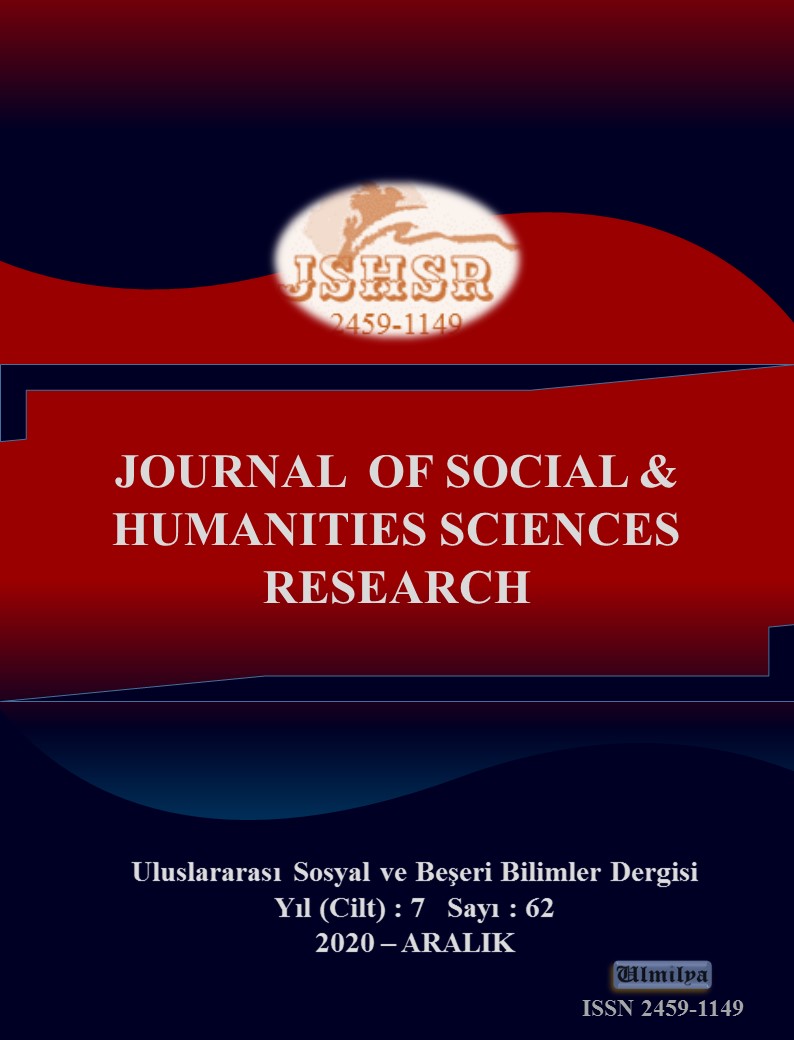WHICH JUSTICE TO WHOM?
DOI:
https://doi.org/10.26450/jshsr.2196Keywords:
Justice, Divine Religions, Plato, Aristotle, Kant, NancyAbstract
It expresses an indispensable value of human life as the pursuit of justice, perfection, timelessness and universality, which contains the connotations of a sublime thought. Everything referred to by the word justice also gets its share from this value because it always evokes the sublime, great and divine. Hz. It goes back to Adam and, philosophically, to Plato.
The concept of justice, in both religious and philosophical terms, has been perceived as the voice of good and right throughout history and has been echoed in man. In divine religions, justice consists of commands that are understood, believed and ordered to be implemented mostly through religious principles. In philosophy and especially in Western philosophy, the concept of justice has been interpreted and constructed within a paradigm by different thinkers.
In the introduction part of our study, we will try to reveal the meanings attributed to the concept of justice or the difference of what is expressed with the concept of justice in the history of thought. Then, respectively, the origin of the concept of justice, the differences in the approaches of the three major divine religions to the concept of justice, the thoughts of Plato and Aristotle, who have undoubtedly serious effects on the basis of the philosophical concept of justice, in the modern period Immanuel Kant and Jean-Luc Nancy's approaches will be examined
Downloads
Published
How to Cite
Issue
Section
License
Copyright (c) 2020 INTERNATIONAL JOURNAL OF SOCIAL HUMANITIES SCIENCES RESEARCH

This work is licensed under a Creative Commons Attribution 4.0 International License.


